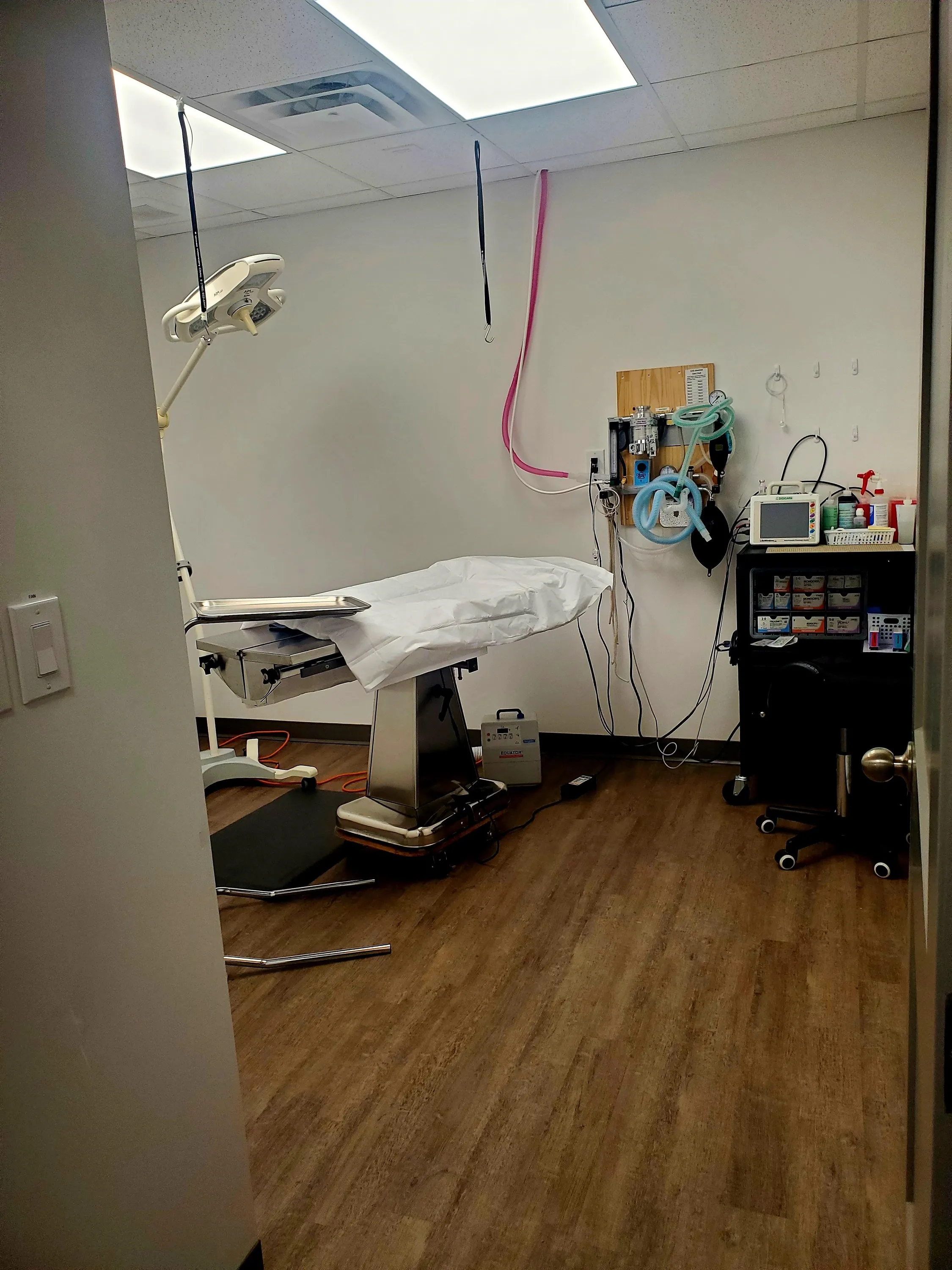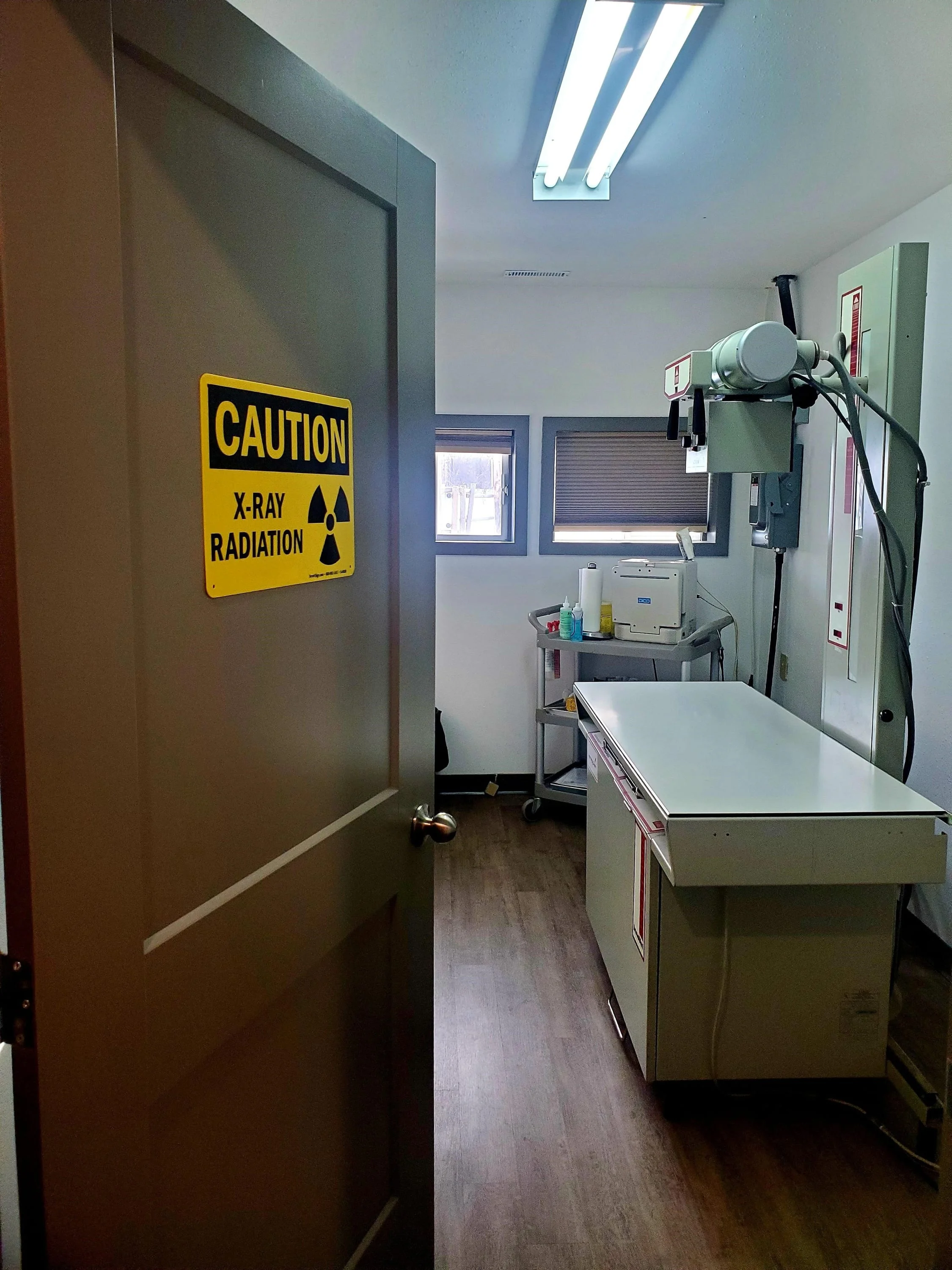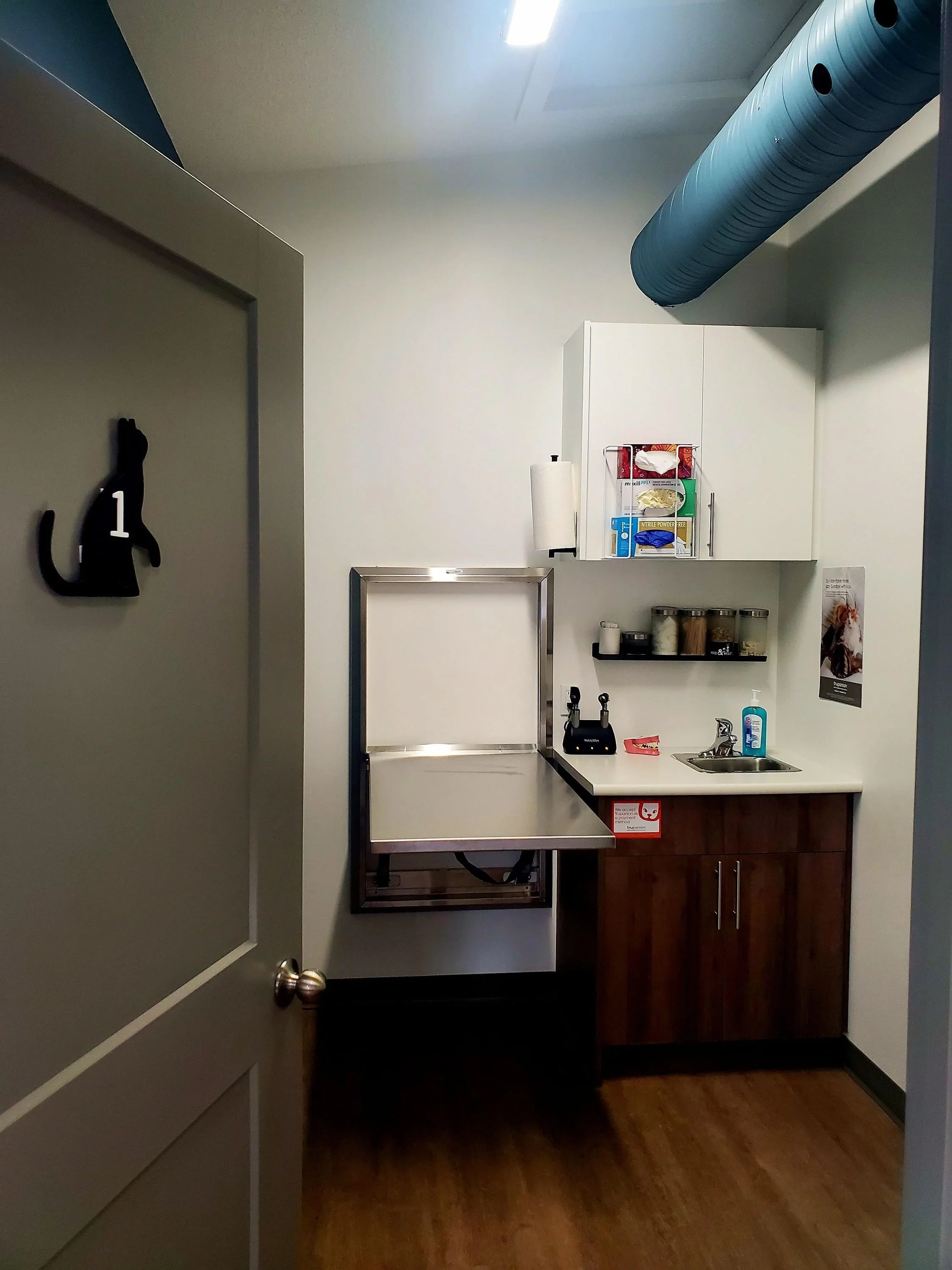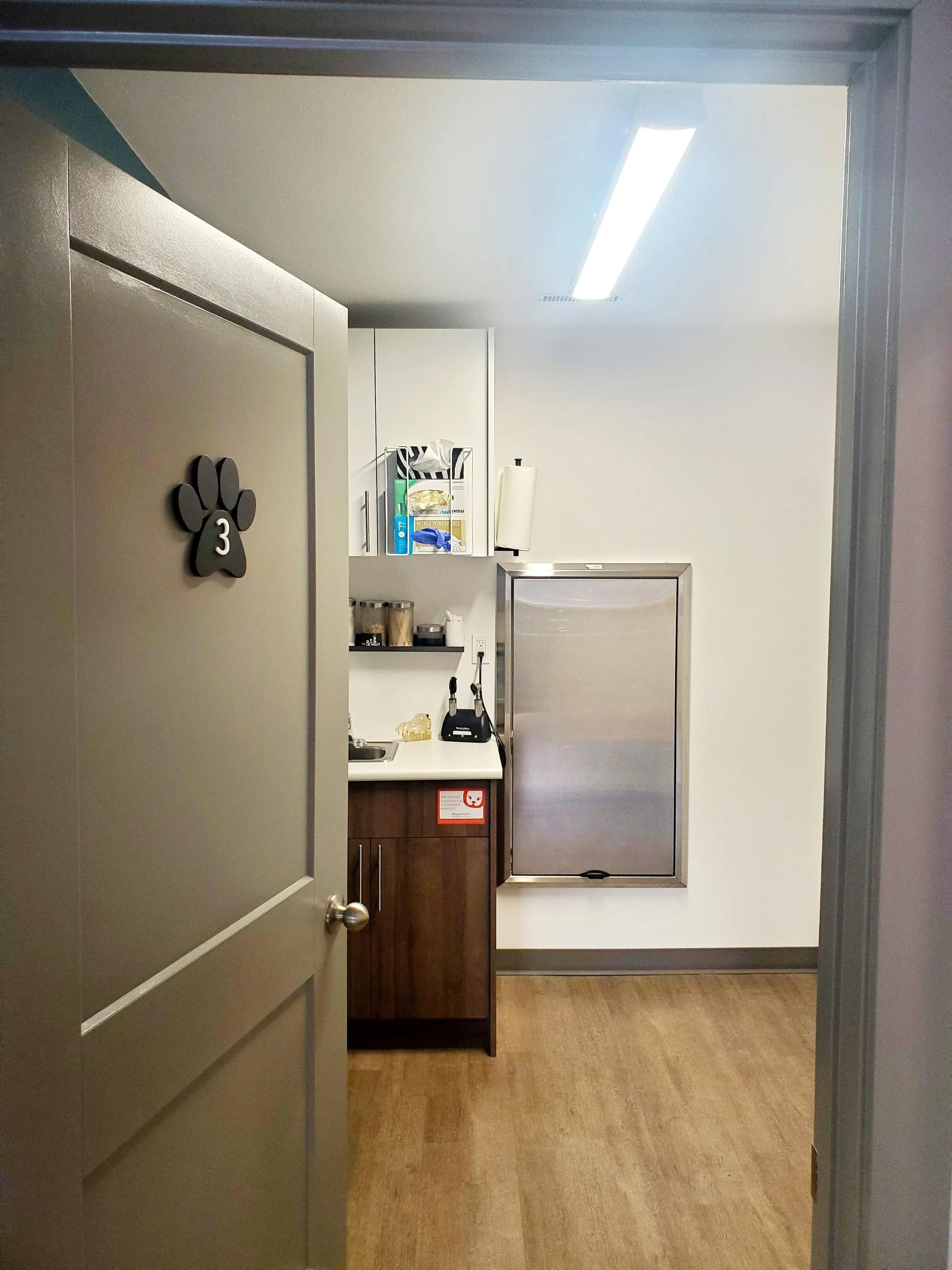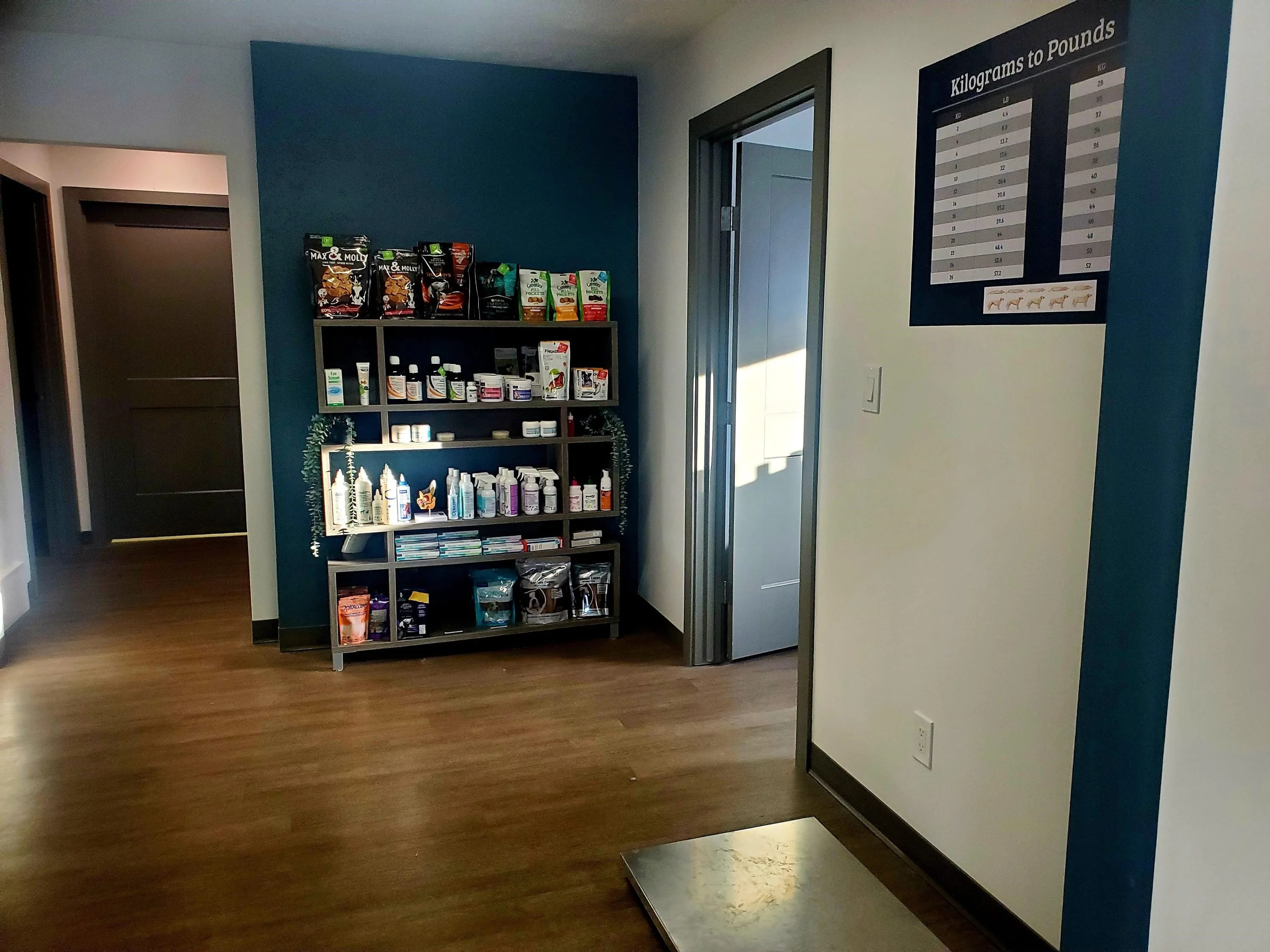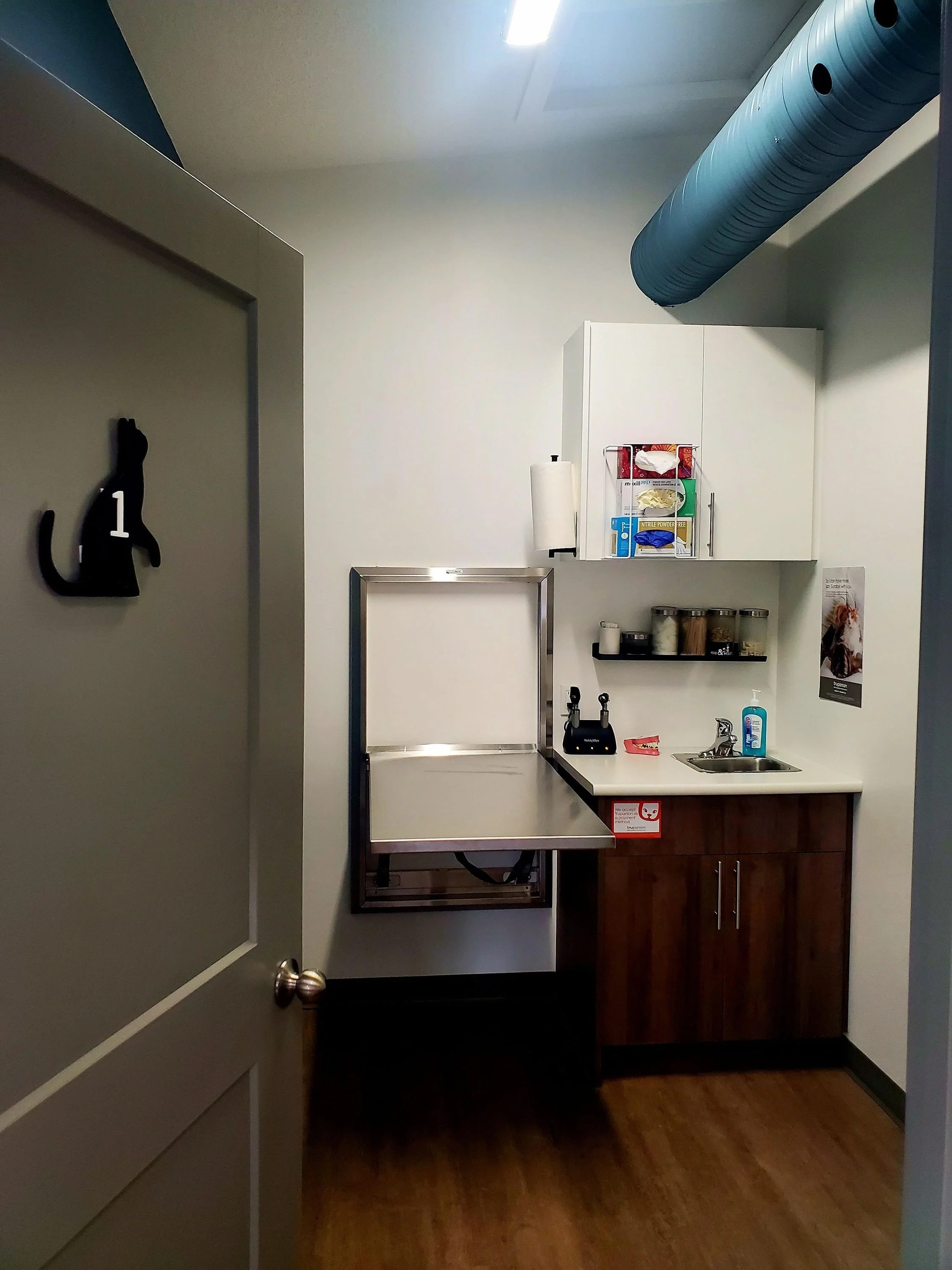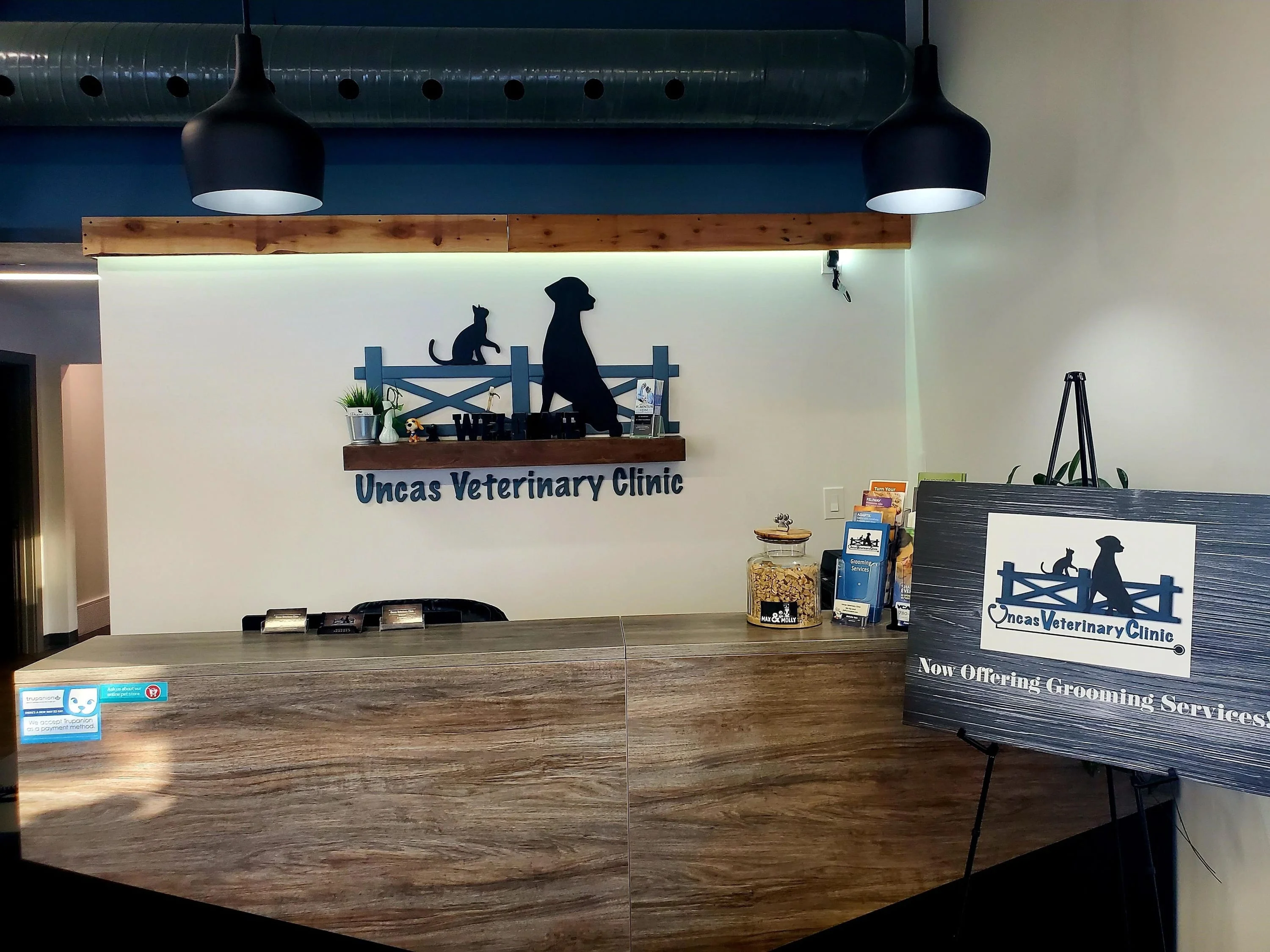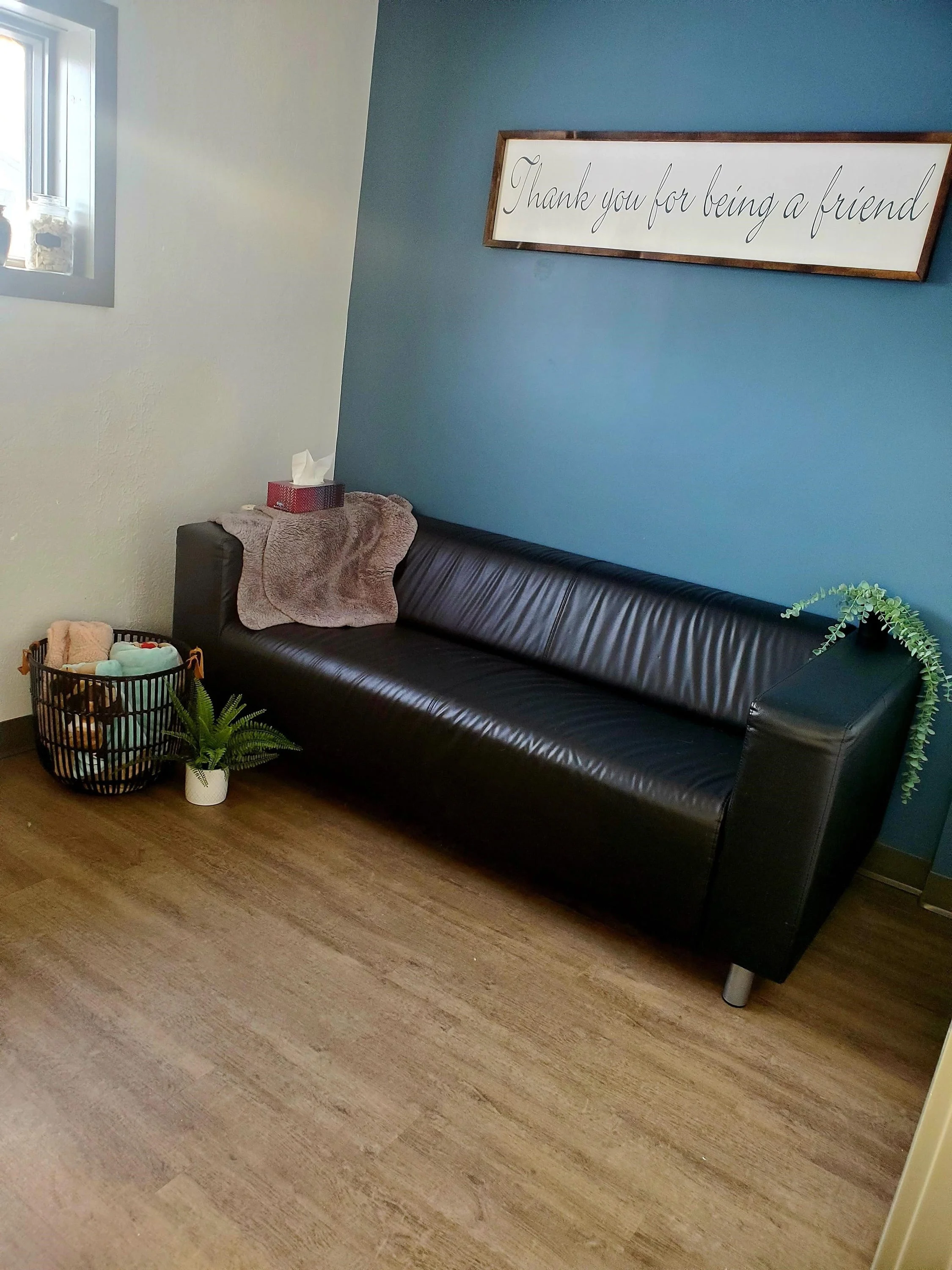Guinea Pig Care
Diet
- Guinea Pigs pick the foods they like when they are young. Exposing them to a variety of foods when they are young will give them a broader range of food choices when they are older.
- Feeding provides mental enrichment, try hiding food in empty toilet paper rolls!
- Alfalfa hay is good for young and growing guinea pigs, but timothy, orchard and grass hay is recommended for all others
- Pellets should be limited to 1 Tbsp/day and used to monitor whether or not your guinea pig is eating. *Ensure you are feeding pellet made for guinea pigs, NOT rabbits*
- Avoid foods high in starch, as guinea pigs can become addicted to them, and not want to eat their normal food.
- Guinea pigs do not produce their own vitamin C, this needs to be supplied in their diet or they will get a serious disease called scurvy
- You MUST supply vitamin C- this an be done with certain veggies (NOT carrots) or Vitamin C tablets
- Always provide free choice water
Routine Care
- Nail trimming as needed
- Teeth trimming- not usually needed if your guinea pig is on a proper diet.
Housing
- The most important thing to choose in a cage is shavings. Guinea pig noses are not far from the ground; so many strong smells can cause inflammation and can lead to pneumonia.
- Shavings to AVOID:
- Cedar
- Pine
- Spruce
- Shavings that are satisfactory:
- Aspen
- Corn Cob
- Shavings that are the BEST:
- Recycled Paper (ie. Carefresh)
- Fresh towels daily
- Yesterdays News
Vaccines
- No regular vaccines are needed
Deworming
- Guinea Pigs can get fleas and mites just like other animals. Lice and mites can make your guinea pig itchy and cause hair loss.
Major Health Concerns
- Teeth
- The basis of a healthy guinea pig is its teeth
- “Slobbers” is a condition where the jaw and neck are wet from drooling saliva. If a guinea pig’s teeth are overgrown, you might notice your guinea pig being unable to chew and swallow food, drooling and weight loss.
- Your guinea pig should have an annual oral exam
- Stomach Shut Down
- A common thing guinea pigs come to the clinic for is a decreased appetite or less feces production
- Left untreated you guinea pig’s entire stomach and intestines shut down and it is ultimately fatal
- Reasons for this occurring can be stress, dehydration, pain from other disorders, intestinal blockage or insufficient dietary fiber
- This is considered a medical emergency and needs to be seen by a veterinarian!
- Respiratory Disease
- Sneezing and/or watery eyes can be a sign that your guinea pig has come down with respiratory disease
- There can be many causes such as: bacteria, viruses, dental disease, ear infections, fungus
- A guinea pig with repiratory disease may can also get a ear infection and may be dizzy, rolling or walking in circles
- Scurvy
- Vitamin C deficiency
- You may notice decreased appetite, reluctance to move, sore legs and bleeding from the gums
- Even if a guinea pig is fed a proper pellet, the vitamin C in pellets doesn’t last forever!
- Please see the table for additional sources of vitamin C
- The requirement of vitamin C for an adult is 20-25mg per day
- Adding vitamin C to water may not be good enough and not recommended as it can degrade or decrease water intake.
- Other options include vitamin C tablets or liquid directly on fresh food or feeding veggies that are vitamin C rich.
- Some guinea pigs even take vitamin C tablets as treats.
Spaying and Neutering
- Allows your guinea pig to have a companion (no risk of breeding)
- When?
- Females: 4-6 months
- Males: After 3.5 months
- Risks: Guinea pig anesthesia is complicated by many factors, so unfortunately surgeries tend be riskier in this species. Post surgical infections and other complications can be common, even with excellent surgical technique and home care
- Discuss with us the riskd/benefits of surgery for your guinea pig
- Pain medication will be provided. Please ask us if you have any other concerns!
Fun Facts
- Originally came from Peru. They were spread all over the world by Danish explorers.
Many guinea pigs get excited for salad, the may even may make a lot of noise when the fridge door opens!
